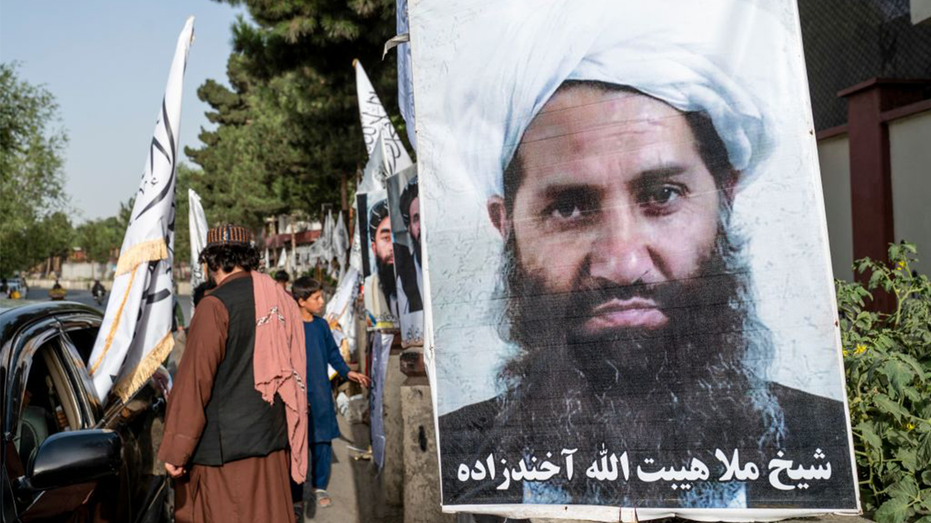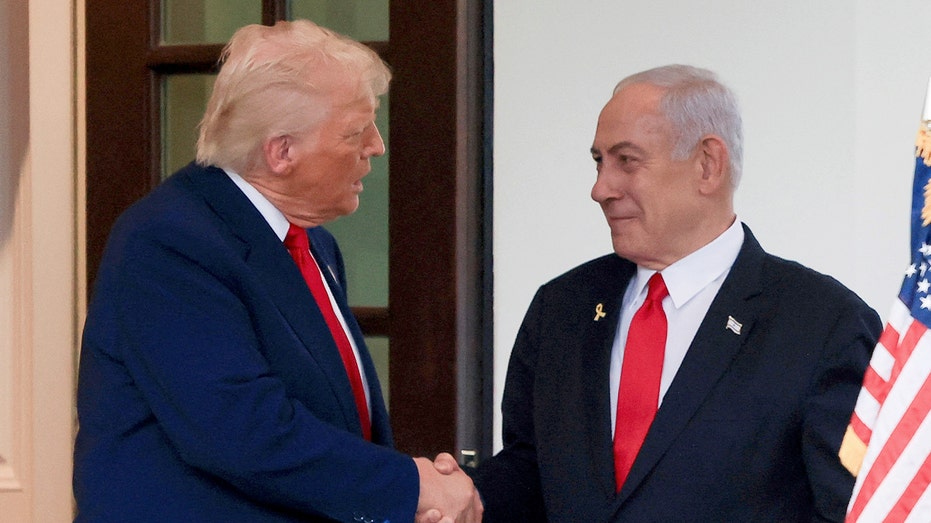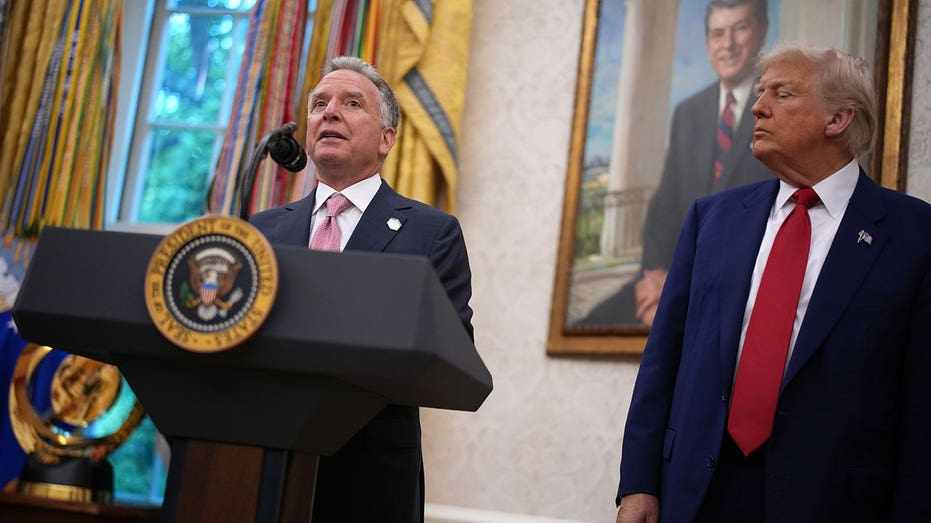Taliban Leader Declares Afghanistan Will Forge Its Own Path, Rejecting Western Laws

Sarah Johnson
March 31, 2025
Brief
Taliban leader Hibatullah Akhundzada declares democracy over in Afghanistan, affirming strict Islamic law, rejecting Western influence, and restricting women's rights amid ongoing international isolation.
"Democracy is over in Afghanistan," declared Taliban supreme leader Hibatullah Akhundzada during a sermon marking Eid al-Fitr in Kandahar's Eidgah Mosque. The leader made it abundantly clear that Western laws have no place in Afghanistan, with the country firmly rooted in its interpretation of Islamic sharia.
While addressing the congregation, Akhundzada emphasized, "There is no need for laws that originate from the West. We will create our own laws." His remarks, shared by Taliban government spokesman Zabihullah Mujahid, encapsulate the regime's stance since its takeover in 2021—a stark rejection of external influence and a commitment to its version of Islamic governance.
Under this interpretation, Afghan women and girls face severe restrictions. Their access to education, employment, and public spaces has been largely curtailed, a policy that has drawn widespread condemnation from the international community. Yet, despite its isolation, the Taliban has managed to establish diplomatic ties with countries such as China and the United Arab Emirates.
Akhundzada’s grip on power has tightened since the Taliban's return to control, marking a shift from initial promises of moderation to an increasingly hardline approach. His comments also included sharp criticism of the West, accusing non-believers of uniting against Muslims. He pointed to global conflicts, including the ongoing Israel-Hamas war, as evidence of Western hostility toward Islam.
Internally, the Taliban faces no significant opposition, though some senior figures have expressed frustration with Akhundzada's concentration of power and decision-making. These dissenting voices call for greater engagement with the world and a move away from the harsh policies that alienate potential allies.
Recent months have seen increased interaction between the Taliban and the United States, primarily through prisoner exchanges. While these developments hint at a thaw in relations, the Taliban’s overarching rejection of Western ideals remains clear.
As Akhundzada confidently proclaimed, democracy is no longer welcome in Afghanistan—sharia reigns supreme. Whether this uncompromising stance will serve the nation or isolate it further remains to be seen.
Topics
Editor's Comments
Akhundzada’s blunt dismissal of democracy and Western laws could be seen as a rallying cry for supporters of his regime, but it’s also a stark reminder of the challenges Afghanistan faces in bridging the gap with the international community. The irony of rejecting democracy while criticizing the West for hostility toward Islam is hard to miss—talk about throwing stones from glass houses!
Like this article? Share it with your friends!
If you find this article interesting, feel free to share it with your friends!
Thank you for your support! Sharing is the greatest encouragement for us.



